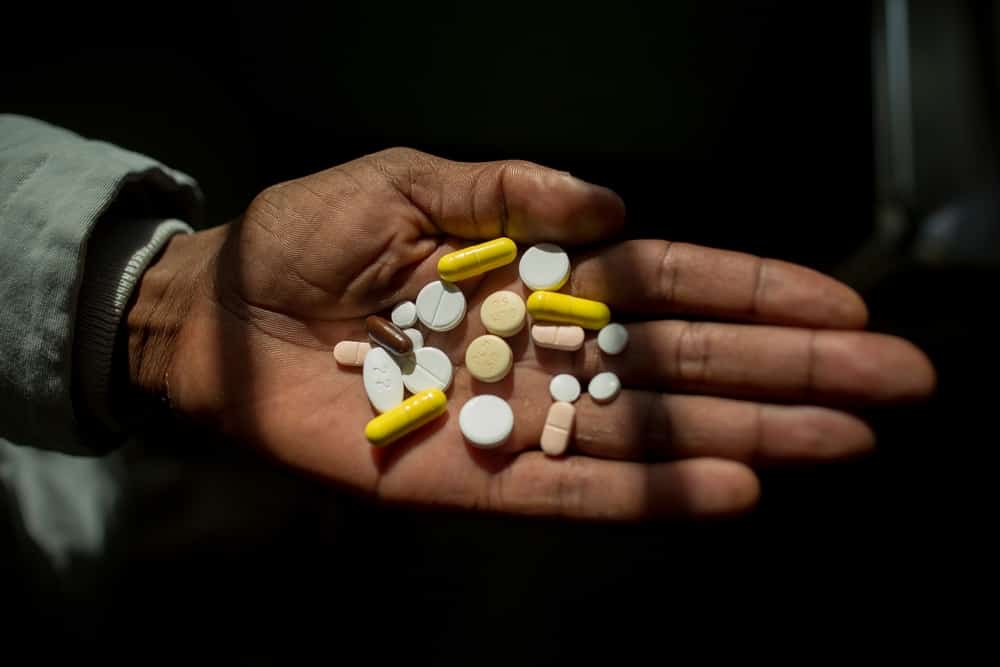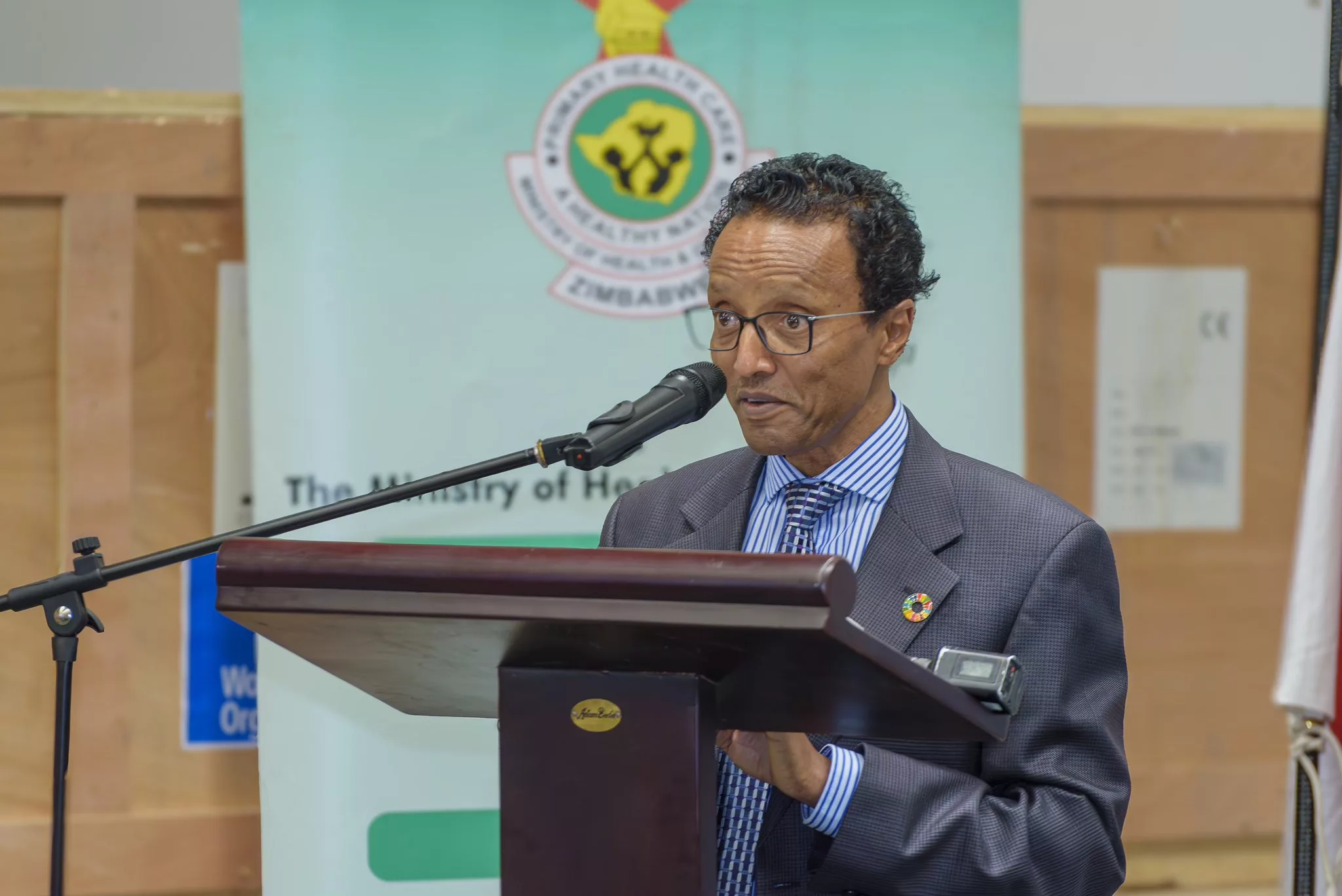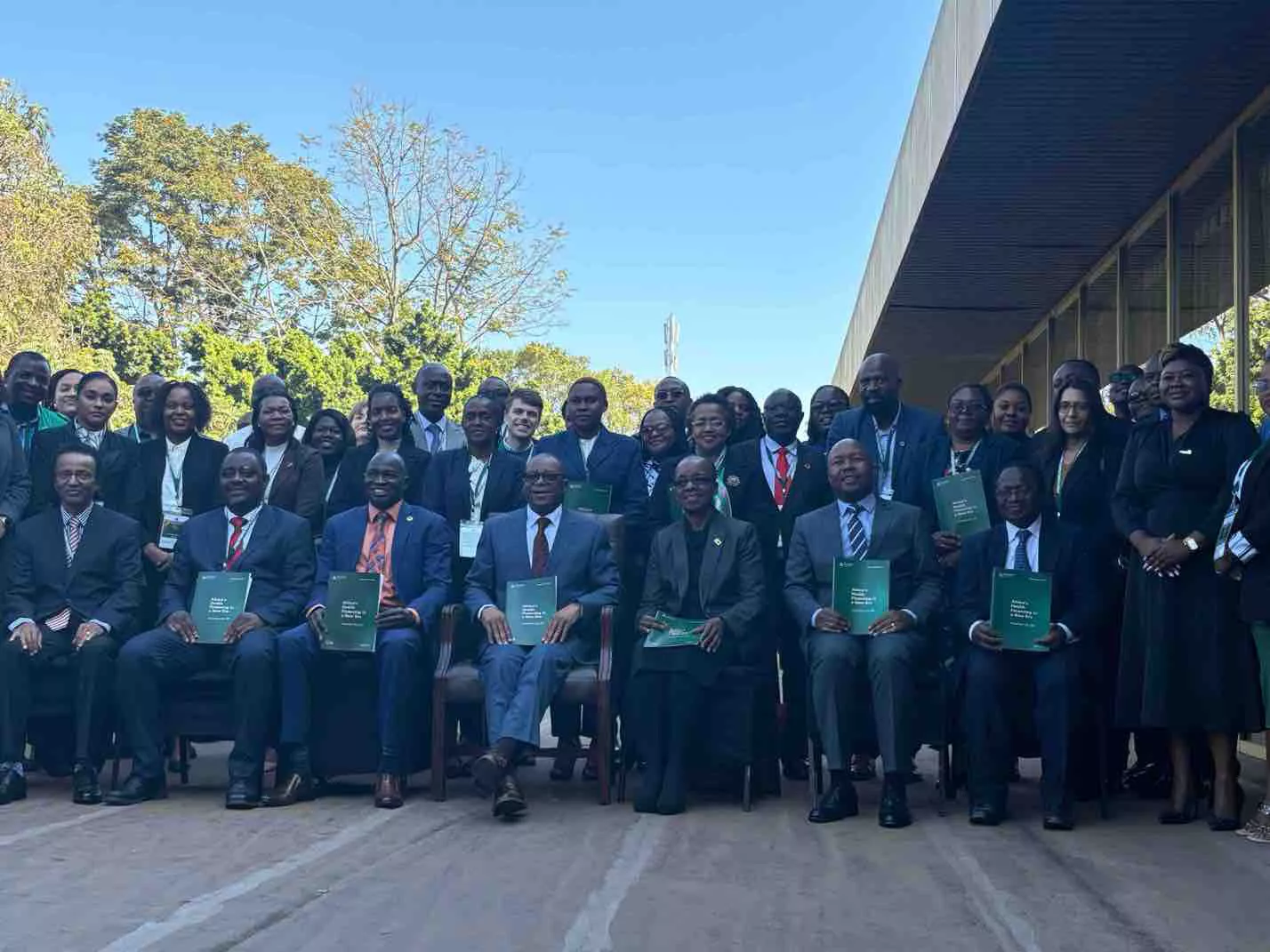Broad availability of lifesaving drug could lead to wider roll-out worldwide, offer new hope for those living with tuberculosis
NEW YORK/KHAYELITSHA, JUNE 18, 2018—South Africa’s National Department of Health announced yesterday that it will be providing a newer, more effective tuberculosis drug as part of the country’s national care regimen for people living with multidrug-resistant tuberculosis (MDR-TB). South Africa is the first country in the world to take this bold step aimed at scaling up access to bedaquiline, a drug with fewer side effects, which makes painful, less tolerable injectable treatments no longer necessary.
The international medical humanitarian organization Doctors Without Borders/Médecins Sans Frontières (MSF) has been pushing for years for governments and treatment providers to scale up use of this new drug after seeing its benefits first-hand through treatment and by conducting clinical trials like endTB and TB PRACTECAL.
“The standard treatment for MDR-TB is currently effective only 50 percent of the time and includes a painful injectable antibiotic known to cause terrible toxic side effects, including kidney failure and hearing loss,” said MSF’s Dr. Anja Reuter, a drug-resistant TB (DR-TB) doctor in Khayelitsha in the Western Cape, where MSF has run a DR-TB program since 2007. “Experience with bedaquiline in treating drug-resistant TB—mainly from South Africa—demonstrates improved clinical outcomes in people living with MDR-TB, and initial evidence shows that it can be safely and effectively used in place of the toxic injectable.”
Worldwide, more than half a million people contract MDR-TB every year, but extremely few who could have benefited had access to newer TB drugs such as bedaquiline. In fact, fewer than five percent of people in need in 2016 were treated with bedaquiline—a drug made by US-based pharmaceutical company Johnson & Johnson—or the other new TB drug, delamanid.
“There is no question we should be offering people the best options we have for more effective and less toxic treatment, but progress on this agenda has to date been slow in most countries,” Reuter said. South Africa has taken a positive step towards ensuring that no one with DR-TB should be denied access to this drug.
While hurdles to implementation remain—health facilities must be supported in developing capacity to use bedaquiline and other new drugs, and manufacturers must reduce the prices they charge in South Africa and globally—South Africa’s bold announcement to offer bedaquiline to children and adults from the start of treatment comes at a critical time.
As countries prepare to meet in New York this September at the first United Nations High-Level Meeting on TB, MSF would like to see other high burden countries follow suit and commit to replacing the injectable and expanding access globally to effective new medicines like bedaquiline. Leaders must use this meeting to prioritise people living with TB by taking decisive action on DR-TB treatment by setting clear targets and financial commitments to end this epidemic once and for all.






